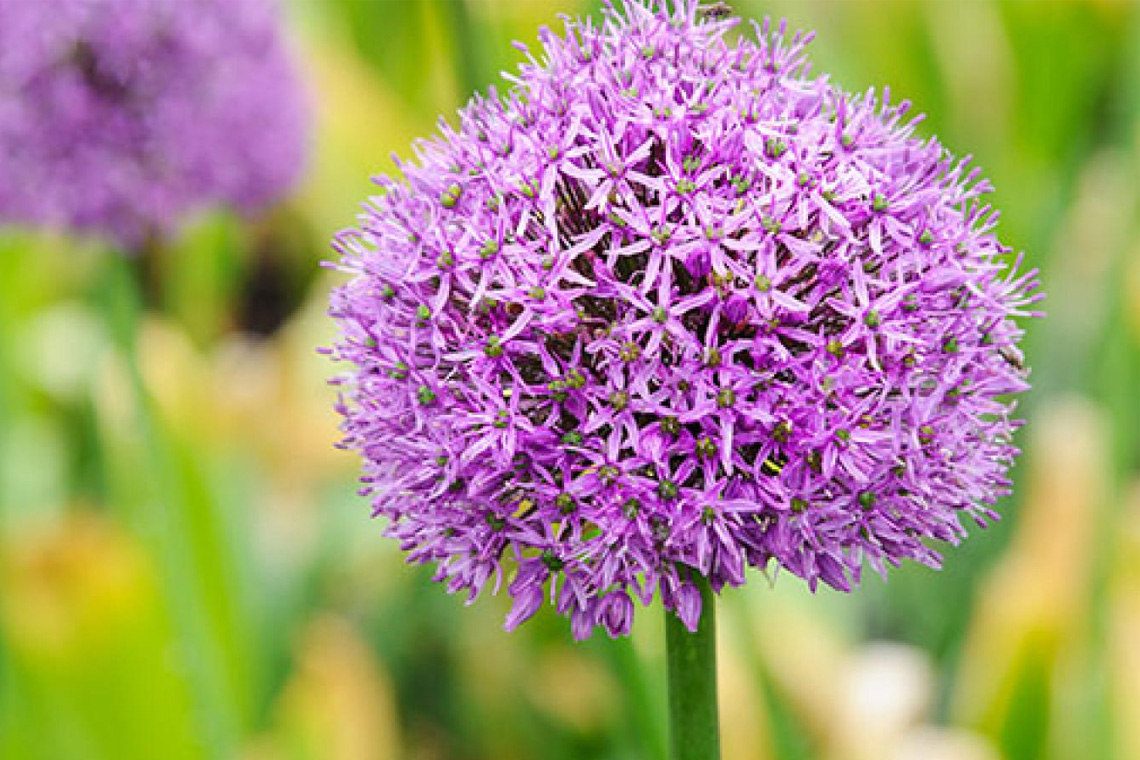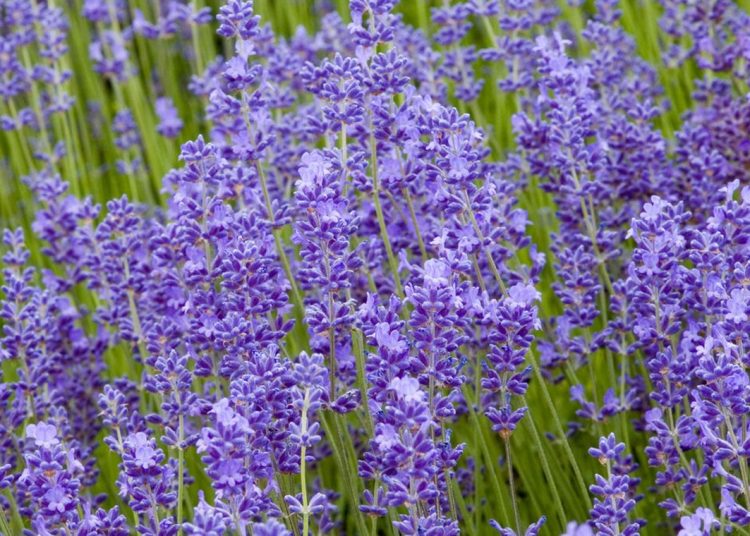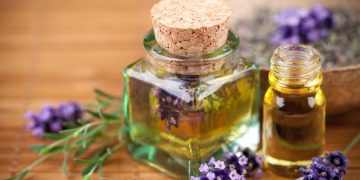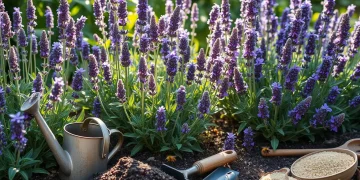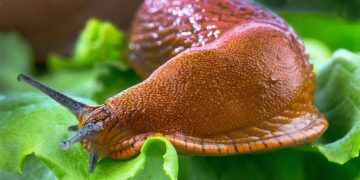Slugs can be a major nuisance in the garden, feasting on your prized plants and leaving trails of slime behind. While there are various methods to control slugs, one of the most natural and effective solutions is to plant species that repel them. Many plants naturally produce substances that slugs dislike, making them an ideal addition to your garden for both pest control and aesthetic appeal. Here's a guide to some of the best slug-repellent plants.
1. Lavender (Lavandula)
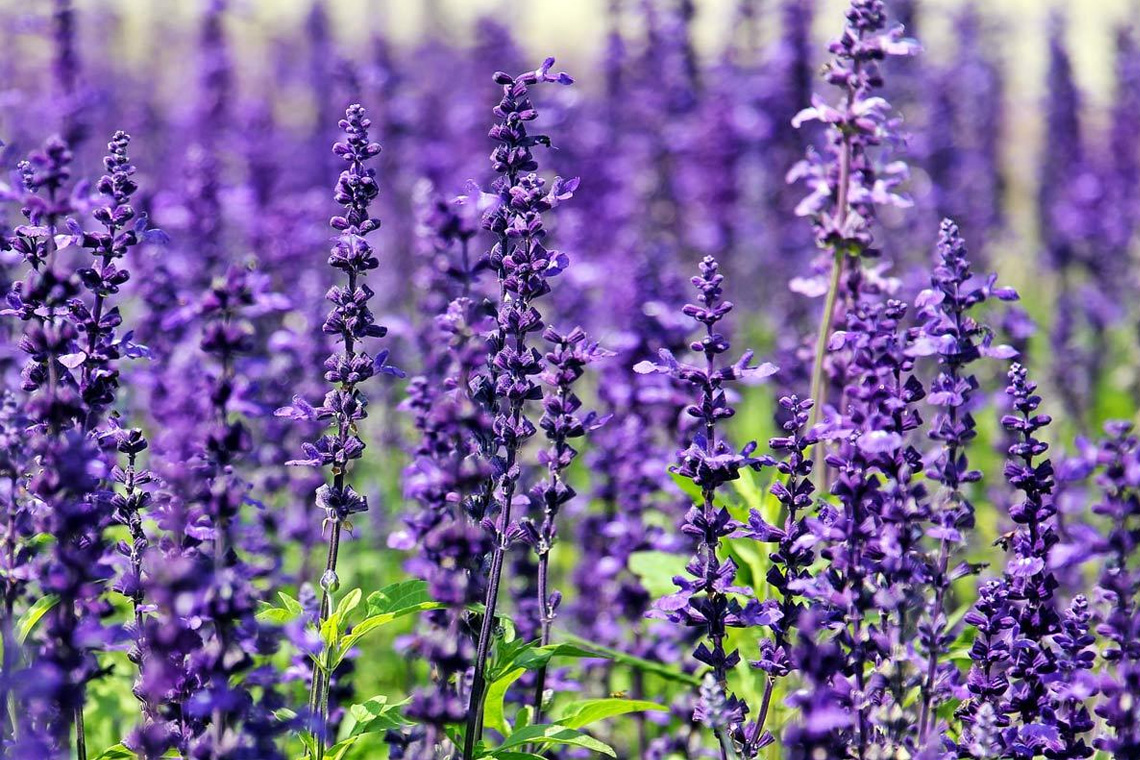
Lavender is well-known for its fragrant flowers and calming aroma, but it also has the added benefit of deterring slugs. The strong scent of lavender is unpleasant to slugs, making it an excellent choice for planting around more vulnerable plants. In addition, lavender thrives in well-drained soil and full sunlight, making it perfect for a variety of garden environments.
2. Garlic (Allium sativum)
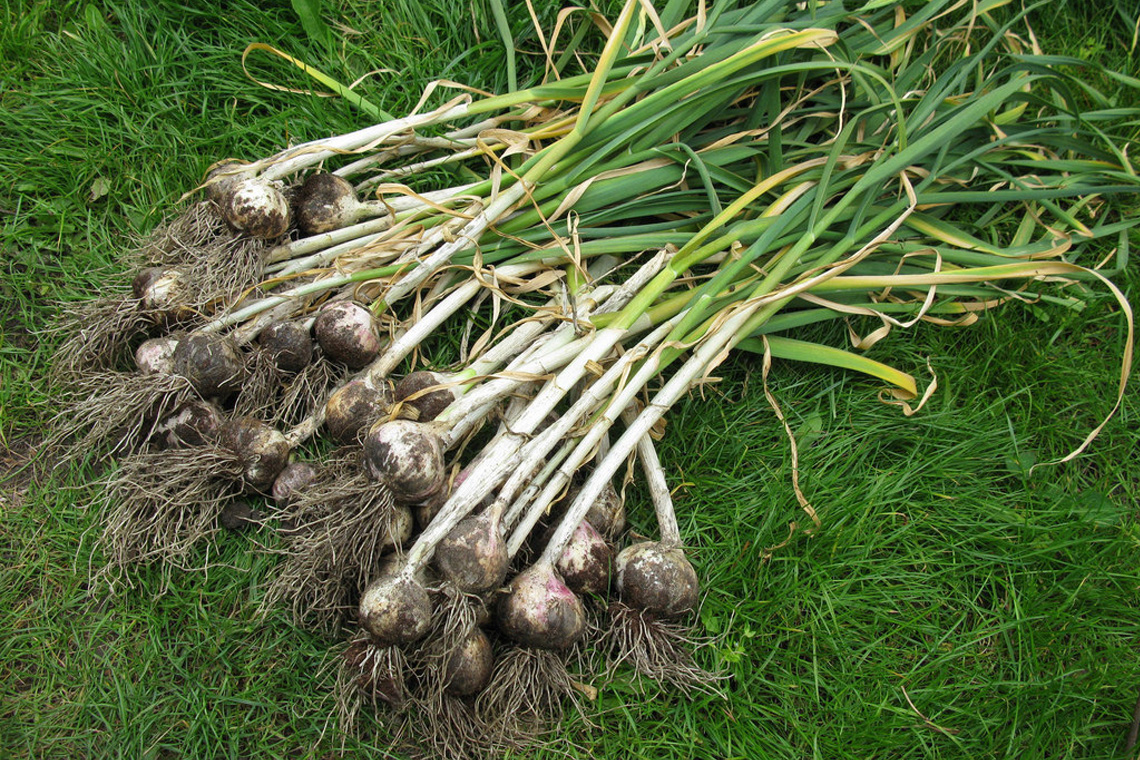
Garlic is another powerful slug repellent due to its pungent odor. Slugs find the smell of garlic particularly off-putting, so planting garlic around your garden can create a natural barrier. Not only does garlic help protect other plants, but it can also be harvested and used in cooking or as a natural pesticide when combined with water.
3. Thyme (Thymus vulgaris)
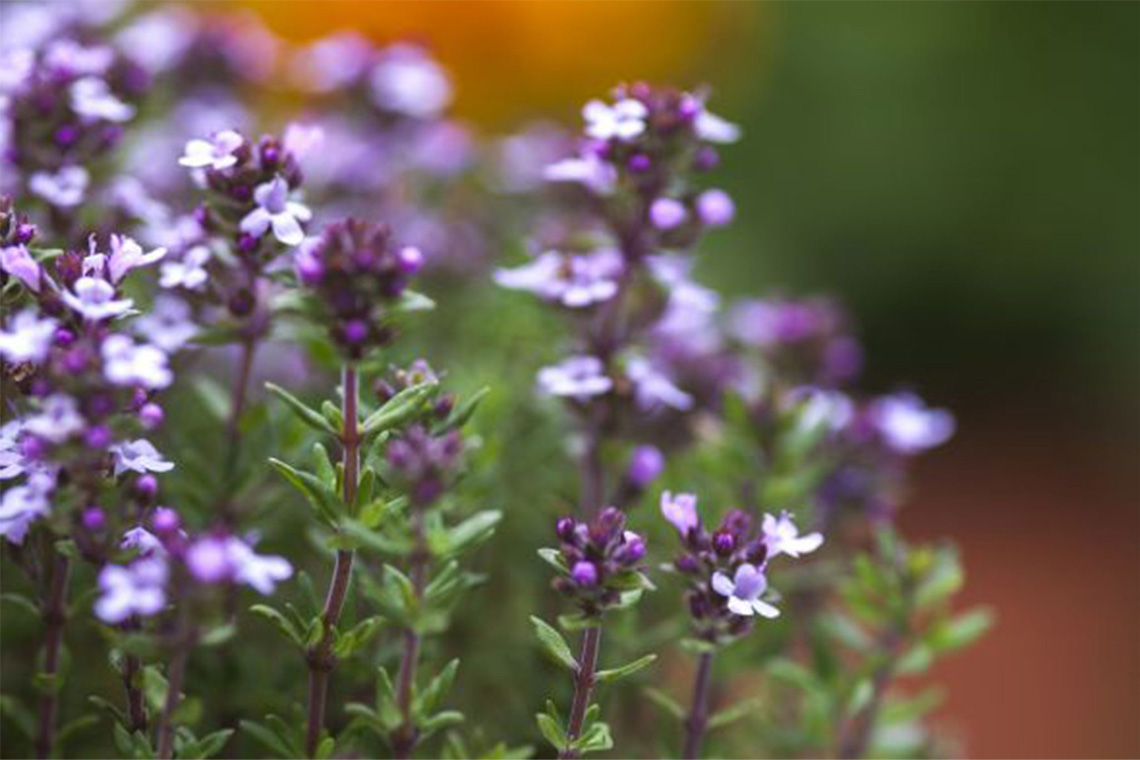
Thyme is a fragrant herb that slugs tend to avoid due to its strong, aromatic oils. This hardy herb is perfect for rock gardens, herb gardens, or even as a ground cover plant in areas prone to slug infestations. Thyme also attracts beneficial insects, adding to its value in the garden.
4. Rosemary (Rosmarinus officinalis)
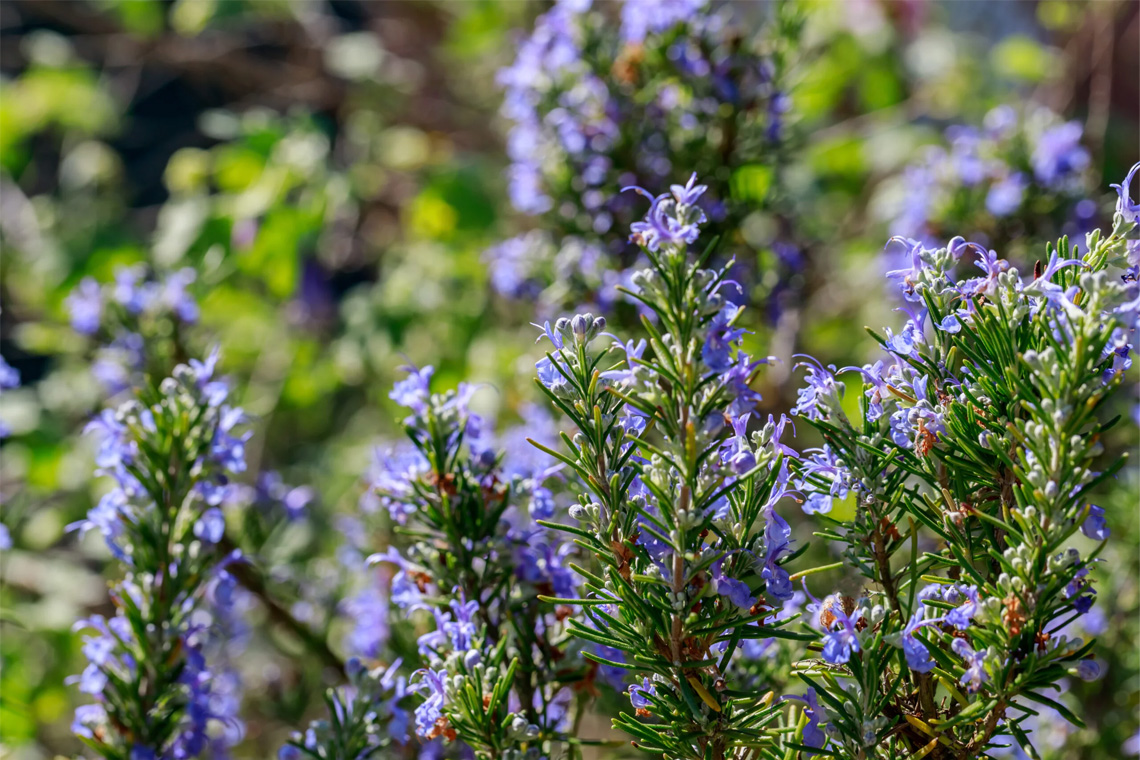
Rosemary’s robust scent and needle-like leaves make it an excellent slug deterrent. Slugs dislike the woody, aromatic oils produced by rosemary, which is why planting this herb around your garden can help keep pests away. Rosemary is also a drought-tolerant plant that thrives in sunny, well-drained soil, making it a low-maintenance option for gardeners.
5. Fennel (Foeniculum vulgare)
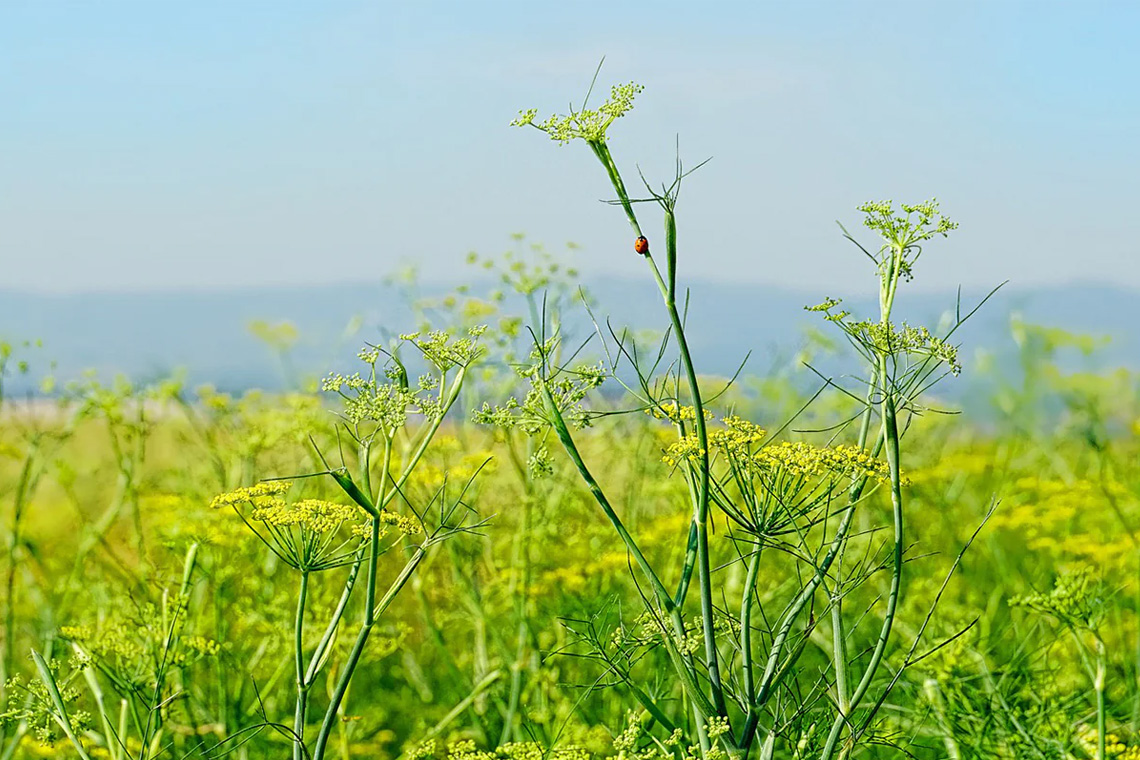
Fennel is another aromatic herb that slugs avoid. It has a strong, licorice-like smell that repels slugs and snails while attracting beneficial insects like ladybugs and hoverflies. Fennel grows tall, providing both a slug-repellent barrier and a visually striking addition to your garden.
6. Daffodils (Narcissus)
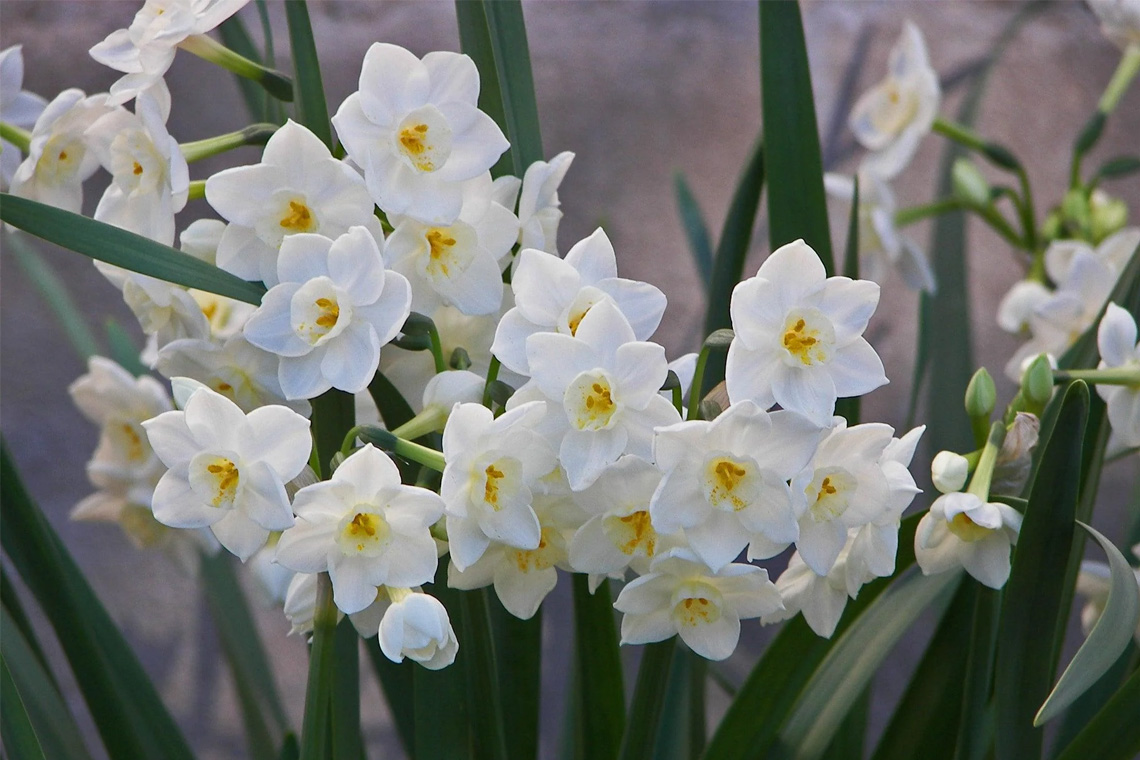
Daffodils are not only beautiful, but their bright yellow flowers can deter slugs due to the toxic substances in their bulbs. These hardy perennials are known to be slug-resistant, making them an excellent choice for planting alongside more vulnerable flowers and vegetables.
7. Horseradish (Armoracia rusticana)
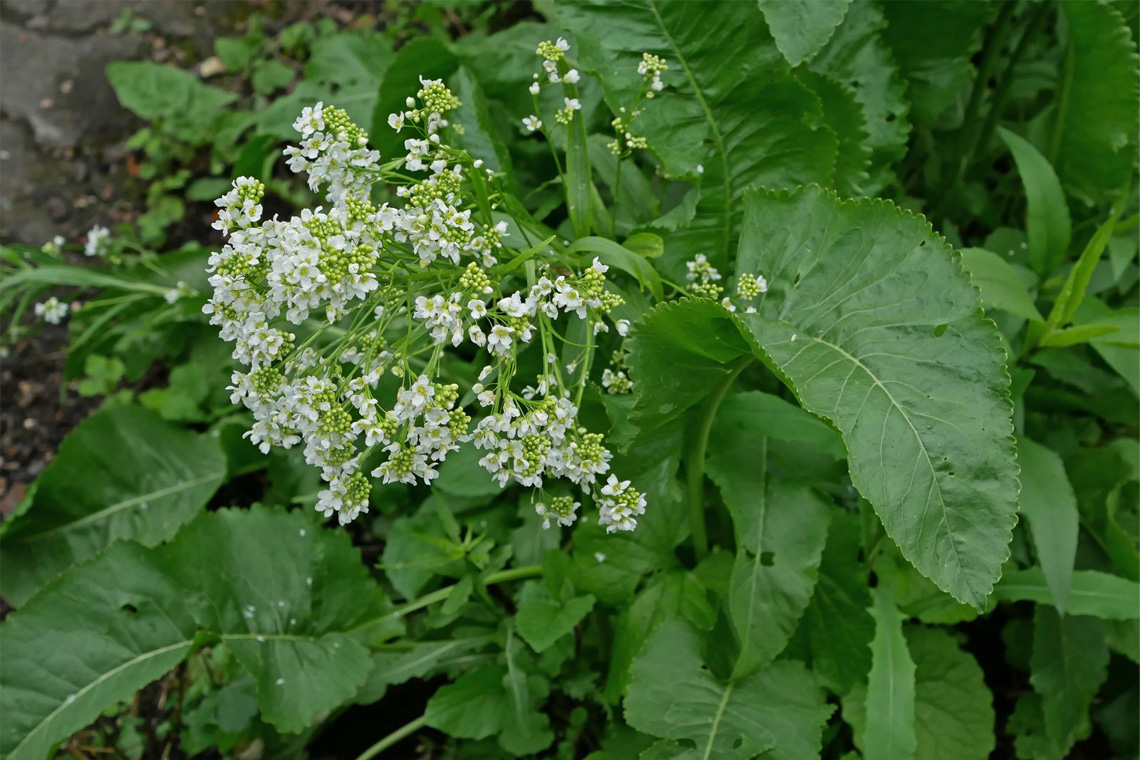
Horseradish, with its spicy, pungent smell, is a natural slug repellent. The plant’s root system also has the added benefit of being easy to grow and highly resilient. While horseradish is effective in repelling slugs, it can spread quickly, so it’s best planted in controlled areas or containers.
8. Geraniums (Pelargonium)
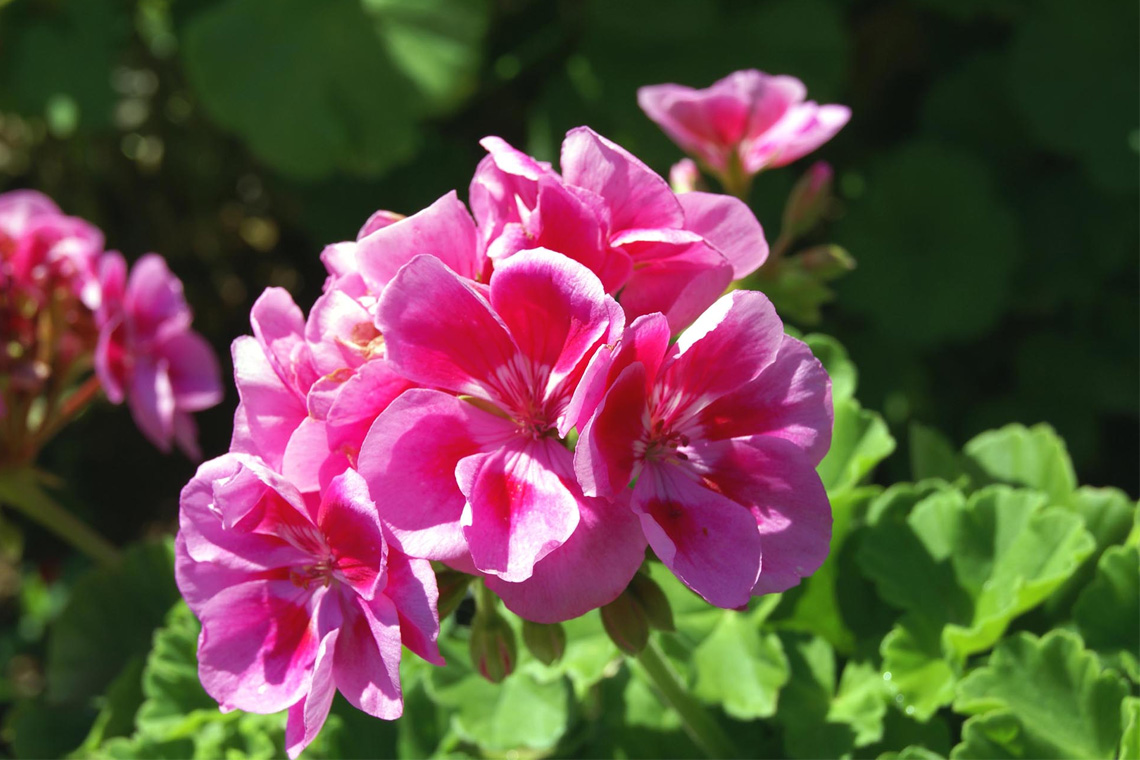
Geraniums, particularly those with scented leaves, can help keep slugs at bay. The oils released by the leaves of geraniums are not only fragrant but also unpleasant to slugs and snails. Geraniums are easy to grow in containers or hanging baskets, making them versatile for various garden styles.
9. Marigolds (Tagetes)
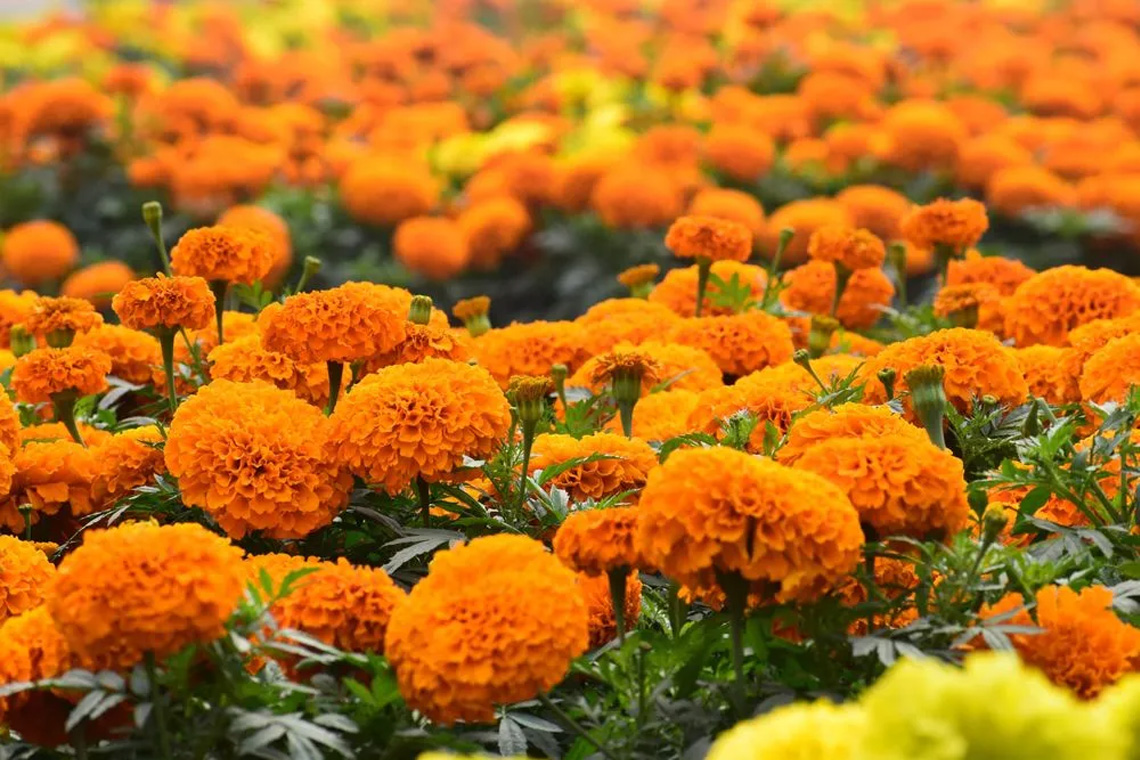
Marigolds are well known for their pest-repelling properties, particularly for keeping insects like aphids and nematodes at bay. They also have a strong scent that slugs find unappealing. Planting marigolds around your garden can act as a natural slug deterrent while brightening up your space with vibrant colors.
10. Alliums (Allium spp.)
